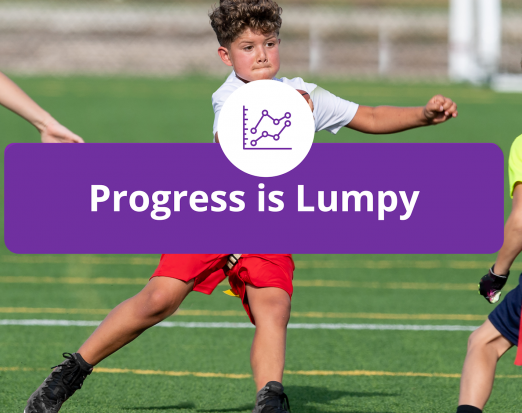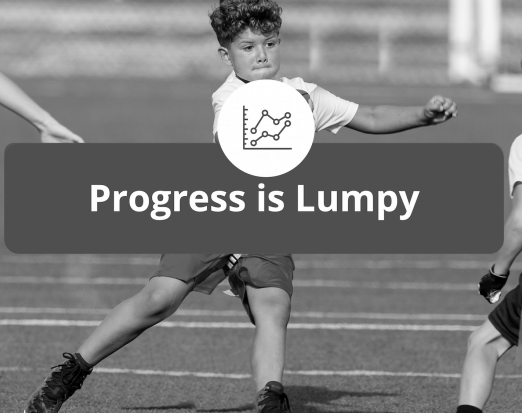Fuel for the Body – A quick guide to healthy eating!
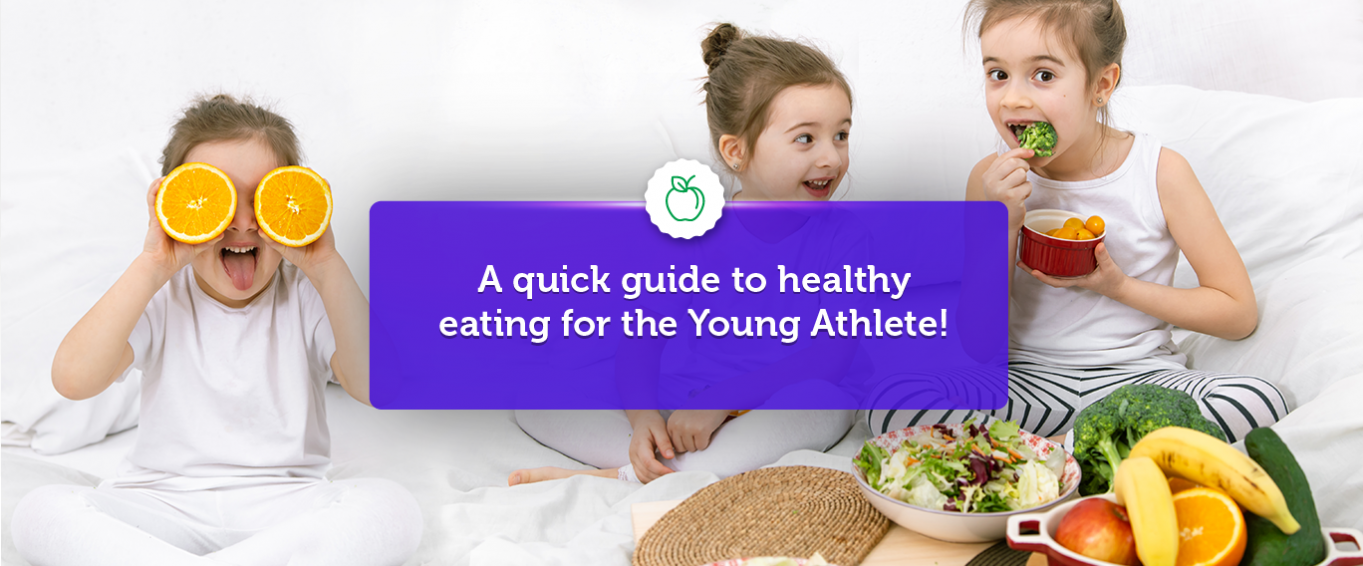
Pre-Season at home, may have reached its conclusion, but the journey to becoming a young champion has only just begun we want to help your children unlock their potential and be the best that they can be, and this takes time, but it also takes a little more than practice.
To be a champion, you need to live like a champion, and yes, this includes training, practice and hard work, but it also includes getting plenty of rest and creating other healthy habits such as healthy eating and fuelling the athletes body so that our Young Champions have the energy to train and play.
Healthy eating and optimal nutrition are essential for all children and young people, as it is the foundation of development and growth. Healthy eating and optimal nutrition maybe seen as complex and complicated but using the Eatwell plate along with our 10 healthy habits, this will help to teach the importance of healthy eating and nutrition giving them the opportunity to learn, play and have fun.
Healthy eating and optimal nutrition are regularly illustrated using the Eatwell plate, with the plate split into different food groups. The size of each food group also promotes, as a visual percentage, where the daily food/nutrition should come from.
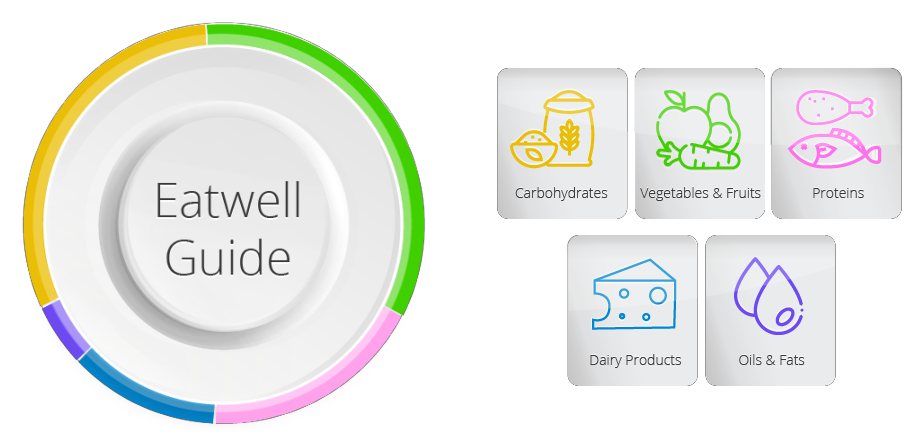
The quality of the food and nutrition is also important, if not more important. Remember that all the different food groups contain crucial vitamins and minerals. Showing the importance to consume a varied and balanced diet consisting of fresh, whole and healthy food. This high-quality food will contain more vitamins and minerals than processed foods as well as less sugar and salt. In the same time, keep proportions in mind.
Our 10 Healthy Habits
- Eat a balanced diet with a variety of food from the different food groups.
- Make sure your meal consists of a variety of fruit and vegetables, protein, carbohydrates. and some healthy fats (Eatwell plate).
- Keep proportions and portion size in mind (kids eat less than parents)
- Choose whole-grain products.
- Include a variety of fruits and vegetables in your diet (5 a day).
- Eat a healthy breakfast with all the food groups, carbohydrates, fats and proteins.
- Avoid food and drinks high in sugar, especially sugary drinks and energy drinks.
- Consume healthy snacks throughout the day.
- Avoid processed foods, like biscuits, crackers. and convenience ready meals
- Drink plenty of clean fresh water. Carry a reusable water bottle. Better for the environment
For more information on food groups, please visit our Healthy Eating and Nutrition website.
Nutritional Considerations for a Young Champion
In addition to school-learning, and free-play which involves lots of running and jumping, Young Champions will be developing athletic and sport skills, which may require nutritional considerations, especially before and after peak height velocity.
Generally, the development of children can be divided in two stages: the younger ages, boys under 11 yrs old and girls under 9 yrs old (pre-peak height velocity). This is where the body is learning, developing and growing. It is essential to build healthy habits at this age, so as the Young Champions grows, the healthy habits are engrained and become automatic.
It is also important to understand that pre-peak height velocity, the energy pathways are slightly different to adults. Normally, especially when playing high intensity sports like football, rugby and tennis, a ratio of carbohydrates and fats are used as an energy source with carbohydrates being the main energy source. However, during low-intensity sports and activities, fat is used as the main energy source. This might be even higher in children as compared to adults.
After peak height velocity, both boys and girls start to use carbohydrates (glucose) as a main energy source, along with fats. It is still essential to consume quality fats as before. Furthermore, foods which are high proteins should be consumed to aid muscle growth and repair.
Understanding how Young Champions require a well-structured balanced diet, which is fresh and mostly whole-foods throughout their growth and development is essential and reinforces that food choices in fats and protein, such as fish, eggs, and quality meats alongside wholegrain carbohydrates will help with energy and metabolic pathways, plus cover essential vitamins and minerals.
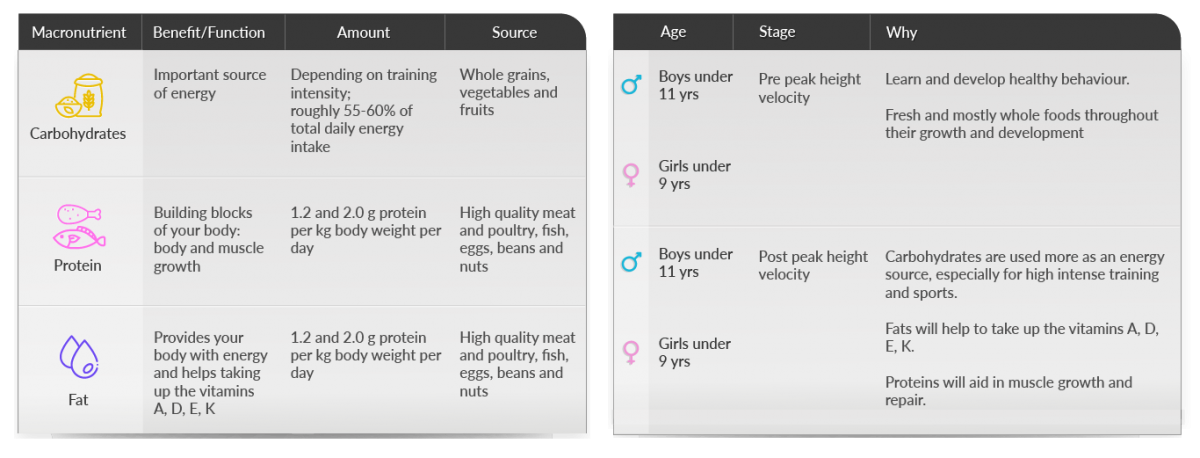
Fuelling the Young Champion
Highly active children should keep in mind the high amount of energy they are burning. To ensure proper development and growth, energy/food intake should be matched with the amount of energy they burn. Keep an energy balance, keeping the previously mentioned guidelines in mind of a healthy, fresh and whole food diet.
Meal planning is highly important for Young Champions to meet all nutritional needs. Best is to spread carbohydrate and protein/fats needs throughout the day instead of consuming them all at once.
Before:
- Eat at least 3 hours prior. Allow your body to digest and avoid stomach upset during the event. Limit fibre intake and meals high in fat.
- Have pre-game snacks or liquid meals 1-2 hours before an event.
During:
- Some carbs might improve your performance especially if you are performing long and high intensity exercise, like football, long-distance running i.e. cross-country.
- Fruit or granola can help to keep energy levels high.
After an event:
- Proteins should be consumed between 30 minutes and 2 hours after training to reduce loss of muscle and support muscle repair.
- Consume carbohydrates to replenish energy stores for the next training.
- Consume fluids (containing electrolytes like sodium) to restore the loss through sweating and to stay well-hydrated.
We also discuss the importance of effective hydration and food to aid recovery on our Young Champions website, please click here for more information.




